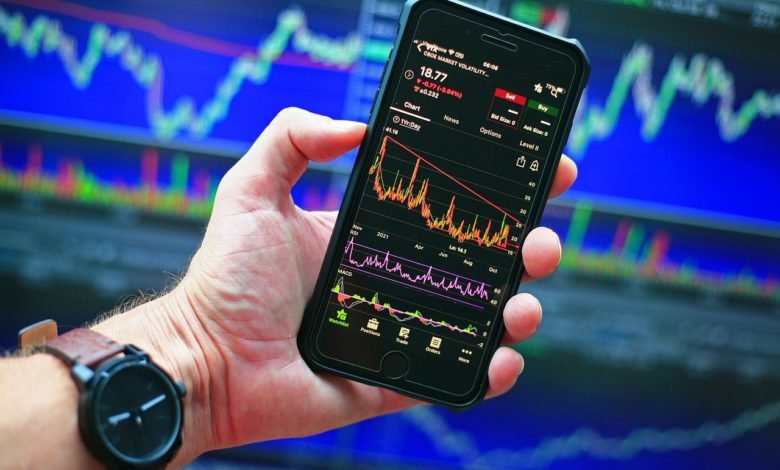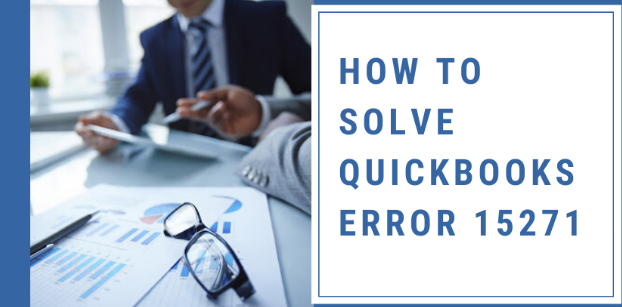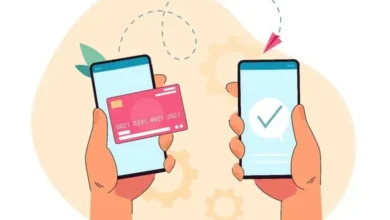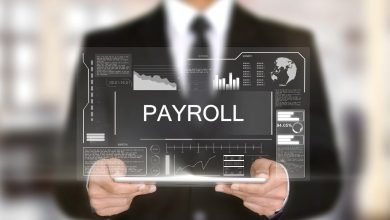How to choose which futures to trade in the UK?

Futures are financial derivatives that can be traded, like stocks. The best way to understand futures is to compare them to forward contracts which are more common in the forex market and work on very similar terms. Therefore, you will probably find that most of your knowledge about forward contracts also applies to futures.
The most popular futures contracts traded in the UK are financial futures, although agricultural and energy products have been very active recently. Trading a financial future offers a pure-play opportunity on movements in interest rates, equity indices or currency pairs.
Hedging using these products is common for both commercial and investment purposes. This contrasts with investing directly in equities offering no practical way to hedge risk dynamically as it only provides long term exposure that cannot be exited until the expiry of the contract.
What are futures?
A future is essentially a contract between two people who want exposure to an underlying asset later. They agree today on how much they will pay for this exposure when the future expires, based on the current value of the underlying asset. This contract becomes active once both parties have put down their margin deposit (around 5-10%) so that if one side reneges on its obligation, the other has enough protection against loss.
Types of futures
There are plenty of different futures out there, but most people focus on three sectors: commodities, currencies and interest rates.
Commodities
Commodities have the most significant risk profiles of these three industries and therefore should not be considered by novice traders. Many UK websites prohibit starting investors from speculating on this sector because the past performance has been so volatile. However, this does not mean it’s impossible to make money in these markets, simply that the risk is much higher.
Currency
Currency futures are extremely popular with UK traders because this is considered a relatively low-risk market. However, you need to be aware of your exact position at all times (i.e. whether it’s an obligation to buy or sell) and make sure you keep up with currency fluctuations between now and when your contract expires. After all, there’s no point speculating on currency futures if you don’t make any money from the transaction because it means exchange rates have moved against you.
Interest Rates
Interest rate futures tend to be more straightforward than other types of contracts listed here. Shorting an index works in much the same way as selling a currency future, except it’s based on expected movements in interest rates (in this case, the FTSE 100) rather than the price of another currency or commodity.
YOU MIGHT ALSO LIKE:
The benefits of creating a trustworthy online bitcoin wallet
How a futures contract works
Consider a standard gold future. You agree with another person that you will buy exposure to 1 ounce of gold in three months by paying them £110 now for this right. The current price is £1050/oz (the price quoted at the top of the screen when you open up your chosen trading platform).
Three months later, the contract “expires,” and you must pay or receive cash based on which side of the trade you are on. If the market has fallen below your strike cost, then it’s an obligation to buy (and conversely, if it has gone above, then it’s an obligation to sell.)
Bottom line
The best way to start investing in futures is through trial and error. Don’t dive in before fully understanding how these instruments work. It’s not something where you can make a few quick trades and hope to come out in profit. It’s much more complex than that, but if you put in the time to understand how it all works, then there is no reason why you couldn’t enjoy a profitable future in markets. Beginner traders should use a reputable online broker from Saxo Bank to help them get started on their investment journey.









